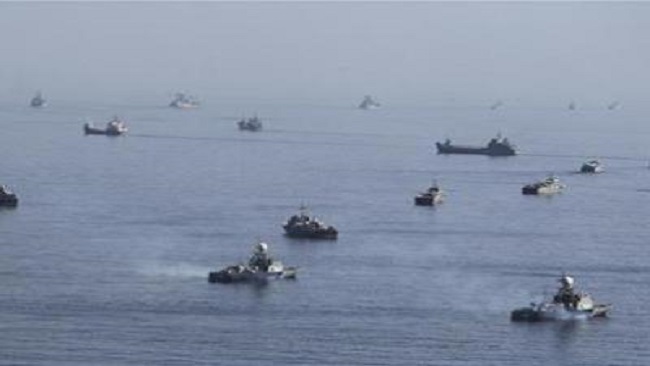Nigeria inaugurates Falcon Eye maritime surveillance system
The Nigerian Navy has inaugurated its Falcon Eye maritime surveillance system in a ceremony at Naval Headquarters in Abuja. The ceremony took place last week, with Nigerian Navy Chief Vice Admiral Ibok Ete Ibas saying the system “reduces the cost of patrols, it gives you an accurate way of doing things. Hitherto you would have ships patrolling without a focus, [now] you can sit back here and identify vessels of interest and investigate them and operations become more efficient”.
“What the navy has done today provides us an ample opportunity to synergise and tackle the issue of piracy and other criminal activities within our waterways,” said Dakuku Peterside, the director general of the Nigerian Maritime Administration and Safety Agency (NIMASA). The Falcon Eye is a mass surveillance system designed in Israeli by Asia Global Technology but manufactured by United Arab Emirates (UAE)-based Falcon Eye Technology.
It uses a number of electro-optic systems and cameras operated from a command centre to detect and pinpoint vehicular and human movements. Nigeria’s system has a range of up to 35 nautical miles from the coast and uses six electro-optical stations to monitor vessels, aircraft and offshore platforms.
Last year Rear Admiral Raphael Osondu said the system covers blind patches in territorial waters that the Regional Maritime Awareness Capability (RMAC) system does not pick up. RMAC uses AIS and ground-based radar to track maritime traffic, and was deployed in the Gulf of Guinea in 2011.
Addressing delegates at the Africa Offshore Patrol Vessels last year, Nigerian Navy Flag Officer Commanding (FOC) Eastern Naval Command Rear Admiral Henry Babalola said Nigeria and the entire Gulf of Guinea face a myriad of security problems which can be solved if the RMAC is complemented with the Falcon Eye surveillance project.
He said the West African maritime environment is threatened by maritime crimes which include crude oil theft, oil bunkering, piracy, sea robbery, kidnapping and smuggling. The region faces small arms trafficking, human and narcotics and smuggling, illegal fishing and marine pollution.
Defenceweb





